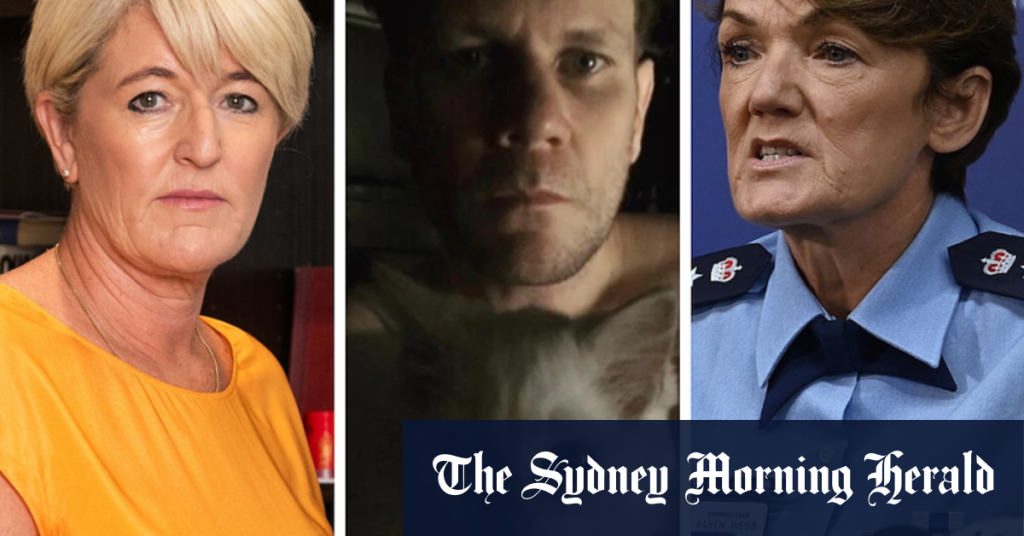The controversy surrounding the appointment of Chris Jackson as the NSW Police Force’s most senior media adviser came to a head last week. Jackson had been appointed on a temporary basis for six months, but this decision was met with backlash from within the police force. Concerns were raised about Jackson’s alleged ties to Bruce Lehrmann, an alleged rapist who had been paid for an interview with Spotlight in the form of a rental home in Sydney. Photos had also emerged of Jackson with a naked former model and socialite, further adding to the scrutiny.
Despite initially confirming Jackson’s appointment, Police Minister Catley’s staff denied the claim and stated that they were still in negotiations about the appointment. This led to confusion and tensions within the police force, as they were caught off-guard by the conflicting statements. The situation escalated when NSW Police reversed their decision to appoint Jackson, citing the need for the Executive Director of the Public Affairs Branch to be able to fulfill their duties without external distractions and ongoing media attention.
In response to the controversy, Jackson declined to comment on the matter. The media unit, which had been temporarily run by Superintendent Kirsty Heward following Deegan’s departure, was now facing further uncertainty with the sudden reversal of Jackson’s appointment. Despite the decision being made public, there were still unanswered questions and concerns surrounding the circumstances that led to the appointment and subsequent retraction.
The unfolding situation put pressure on the Premier, Chris Minns, as well as the Police Minister, Catley, who both stated that the decision regarding Jackson was ultimately up to the police force. The abrupt reversal of Jackson’s appointment highlighted the importance of transparency and accountability within the NSW Police Force, especially when it came to high-profile roles such as the Executive Director of the Public Affairs Branch. The ongoing media attention and scrutiny further underscored the need for clear communication and oversight in such appointments.
As the story continued to develop, the public awaited further updates on the situation. Seven, the media outlet that initially reported on Jackson’s appointment, was contacted for comment, suggesting that more details and insights were likely to emerge in the coming days. The controversy surrounding Chris Jackson’s appointment and subsequent reversal shed light on the complexities and challenges of managing public relations and media affairs within law enforcement agencies, and raised questions about the accountability and transparency of decision-making processes in such organizations.















